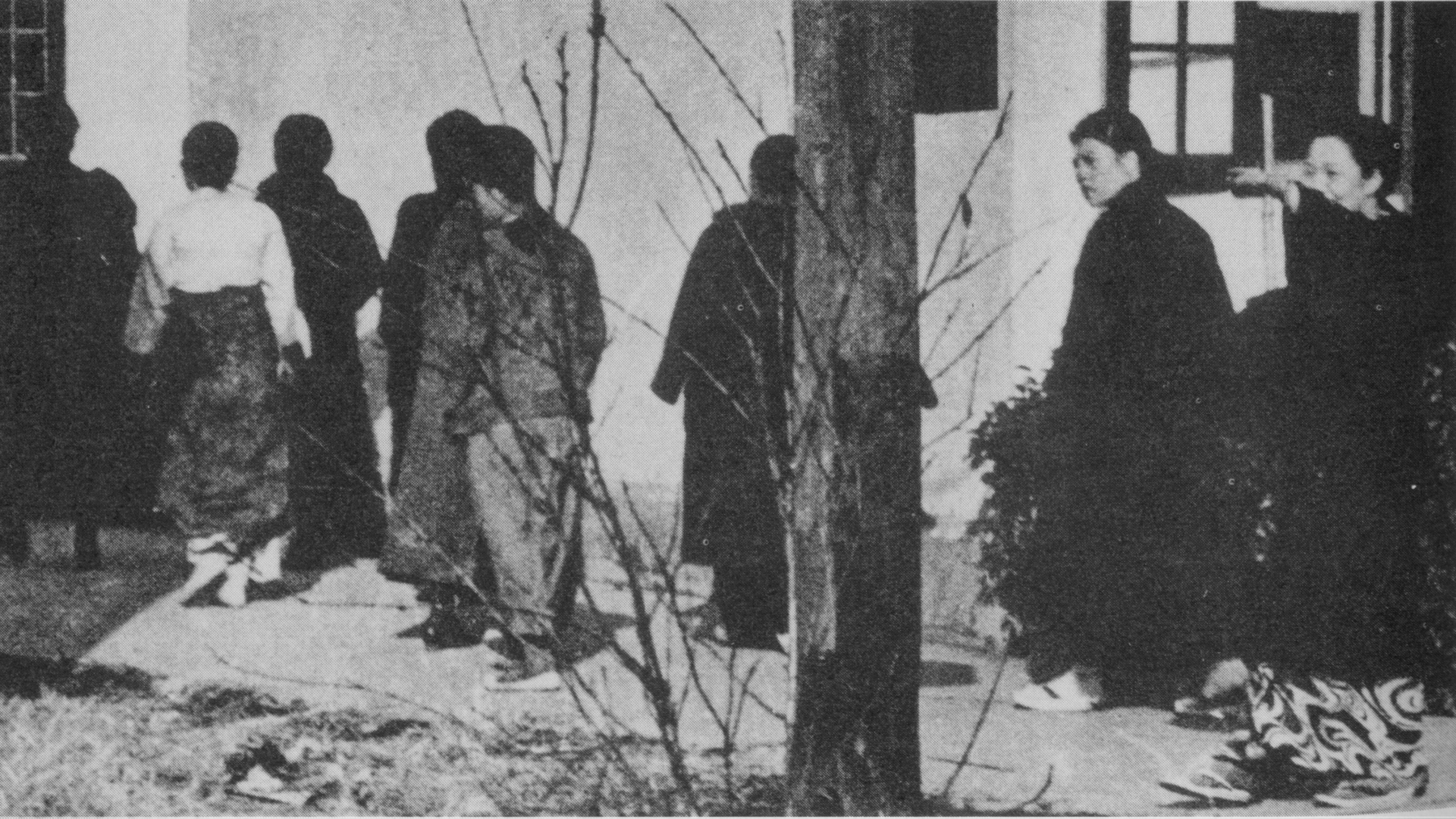Victim Testimonies
After Kim Hak-soon’s 1991 public testimony about the pain and suffering she experienced as a “comfort woman” for the Japanese military, several comfort woman have also stepped forward to share their experiences. By telling their stories, these courageous women stand at the front of the ongoing movement pressuring the Japanese government to take responsibility for military atrocities such as the comfort station system.
Kim Hak-soon
- Kim Hak-soon became the first former “comfort woman” to speak publicly
 about her experiences at a press conference in 1991. Following her testimony, she filed a class-action lawsuit against the Japanese government to demand compensation. She continued work as a human rights activist until she passed away in 1997, with the court case still ongoing.
about her experiences at a press conference in 1991. Following her testimony, she filed a class-action lawsuit against the Japanese government to demand compensation. She continued work as a human rights activist until she passed away in 1997, with the court case still ongoing. - A video of Kim’s testimony can be found here. [NewsTapa, KOREAN LANGUAGE ONLY]
Lee Yong-soo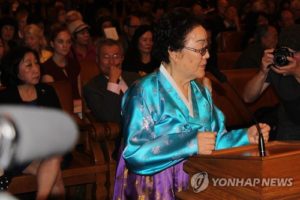
- One of the most engaged activists for the comfort women issue, Lee Yong-soo continues to participate in the weekly demonstrations in Seoul despite her age and share her experiences. In 2007, she testified in front of the US Congress to support House Resolution 121.
- A PDF of Lee’s testimony can be found here (Pg. 17-23).
Kang Il-chul
- Narrowly surviving illness and the violence of Japanese soldiers and being unable
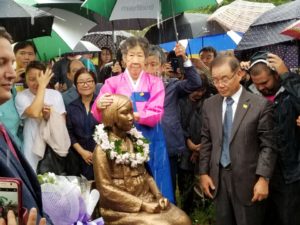 to return to Korea for years, Kang Il-chul’s story has resonated with many. Kang’s experiences inspired the plot of “Spirit’s Homecoming,” a 2016 film about comfort women. Her testimony was submitted to the District Court of California to support the city of Glendale’s right to maintain the Peace Monument.
to return to Korea for years, Kang Il-chul’s story has resonated with many. Kang’s experiences inspired the plot of “Spirit’s Homecoming,” a 2016 film about comfort women. Her testimony was submitted to the District Court of California to support the city of Glendale’s right to maintain the Peace Monument. - A PDF of Kang’s testimony can be found here.
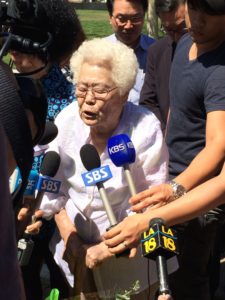 Lee Ok-seon
Lee Ok-seon
- When the city of Glendale was sued over the comfort women monument, Lee Ok-seon submitted a declaration in an amicus brief to support the city.
- A PDF of Lee Ok-seon’s testimony can be found here.
Jan Ruff O’herne 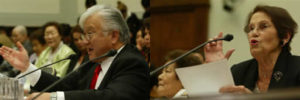
- Jan Ruff O’herne was interned with her family after the Japanese Army captured the Dutch East Indies (now Indonesia). She was forced to serve at a comfort station, and would later testify about her experience at the Women’s International War Crimes Tribunal on Japan’s Military Sexual Slavery (Tokyo, 2000) and in front the US House of Representatives in 2007.
- A PDF transcript of Ruff O’herne’s House Committee testimony can be found here.
- A video about her experiences can be found here. [27:02]
